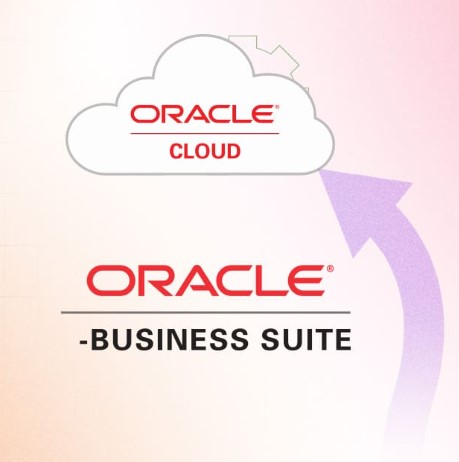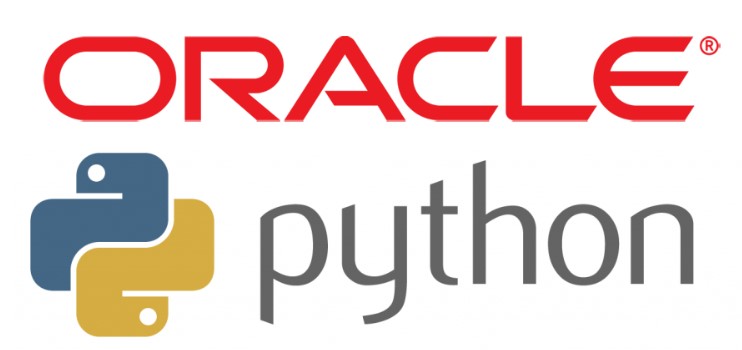Reading Time: 7–9 minutes
The Next Evolution of ERP Has Arrived
The business technology landscape is evolving at lightning speed, and enterprise resource planning (ERP) systems are at the center of this transformation. While legacy ERP solutions focused mainly on transactional data and back-office processes, today’s market demands much more: real-time insights, predictive capabilities, and seamless automation.
One ERP provider at the forefront of this revolution is IFS. Known for its industry-specific focus and customer-centric innovation, IFS is taking bold steps to redefine ERP by embedding Artificial Intelligence (AI), Blockchain, and Internet of Things (IoT) technologies into its core offering—IFS Cloud.
In this article, we’ll explore how IFS is integrating these advanced technologies, what their implementation looks like in the real world, and how companies can benefit from this modernized, intelligent ERP platform.
What is IFS Cloud?
IFS Cloud is a unified platform that provides access to a comprehensive suite of enterprise applications, including ERP, Enterprise Asset Management (EAM), Field Service Management (FSM), and Project Management.
Built on a composable architecture, IFS Cloud allows businesses to adapt, extend, and scale applications easily. With semi-annual release cycles, IFS Cloud keeps evolving—integrating cutting-edge technologies like AI, ML, Blockchain, and IoT into day-to-day operations.
IFS.ai – The Powerhouse Behind Intelligent ERP
At the heart of IFS’s advanced tech offering is IFS.ai, a layer of embedded AI and machine learning functionality that spans across all IFS Cloud modules.
Key AI Features in IFS:
- Predictive Maintenance: AI algorithms monitor equipment data to anticipate potential failures and suggest optimal maintenance windows—minimizing downtime.
- Smart Scheduling: For field service and manufacturing operations, IFS.ai dynamically optimizes workforce schedules based on skills, location, availability, and urgency.
- AI-driven Inventory Management: Predicts stock shortages and overages by analyzing historical data, trends, and current demand.
- Natural Language Processing (NLP): Users can interact with IFS applications using conversational language, enhancing user experience.
- Intelligent Process Automation: Routine and repetitive tasks are automated, reducing manual intervention and human error.
Real-World Example:
A major energy firm using IFS Cloud with embedded AI reduced its unplanned equipment downtime by 28% within 12 months by leveraging predictive maintenance insights.
IoT in IFS Cloud – Real-Time Asset Intelligence
The integration of Internet of Things (IoT) with ERP is no longer a concept—it’s a reality with IFS. Through its IoT gateway, IFS Cloud connects real-time sensor data from machines, vehicles, and other assets directly into the system.
How IFS Implements IoT:
- Sensor Integration: Captures and streams machine status, location, temperature, and other KPIs into IFS Cloud.
- Rule-Based Triggers: Alerts and workflows are triggered automatically based on IoT data (e.g., temperature spikes, pressure drops).
- Data-Driven Decision Making: IoT data is combined with historical and operational data to generate actionable insights.
Use Case:
A global manufacturing company uses IFS’s IoT capabilities to track equipment performance across 5 factories. The system alerts managers of anomalies and auto-generates service orders when specific thresholds are crossed.
Blockchain and IFS – Secure and Transparent Operations
Although still in the early adoption phase, IFS is laying the groundwork for Blockchain integration to enhance transparency, traceability, and security—particularly in supply chain and contract management.
Potential Blockchain Use Cases:
- Smart Contracts: Automating contract execution when agreed conditions are met.
- Supply Chain Provenance: Verifying authenticity and journey of products from origin to delivery.
- Audit Trails: Immutable logging of financial and logistical transactions.
IFS Strategy: Rather than reinventing the wheel, IFS is actively exploring integration with enterprise blockchain platforms like IBM Hyperledger and Oracle Blockchain, making it easier for companies to connect their ERP processes with distributed ledger technologies.
Implementation Strategy – How IFS Delivers Transformation
IFS’s approach to deploying these technologies is centered around agility, customer success, and business value delivery.
Step-by-Step Implementation Framework:
- Business Discovery: IFS partners with the client to identify high-impact use cases where AI, IoT, or Blockchain can solve real problems.
- Solution Mapping: Technology capabilities are mapped to specific business processes (e.g., predictive maintenance in manufacturing).
- Phased Rollout: Features are rolled out iteratively to reduce risk and ensure stakeholder adoption.
- Training & Enablement: End users are trained on how to use intelligent tools like IFS.ai dashboards and automation workflows.
- Continuous Optimization: Performance and ROI are tracked over time, and new features are adopted as part of regular updates.
Customer Success Stories
1. Cubic Telecom – Leveraging AI for Field Service
Cubic Telecom, a leading IoT connectivity provider, uses IFS Cloud to manage global field service operations. With smart scheduling and real-time status updates, they’ve increased service efficiency by 35%.
2. AkzoNobel – IoT in Action
Paint and coatings giant AkzoNobel uses IFS IoT technology to monitor production lines. The system triggers maintenance before failures occur, helping avoid costly downtime.
3. Alfa Laval – Predictive Maintenance at Scale
Alfa Laval, a leader in heat transfer and fluid handling, uses IFS.ai to predict servicing needs across thousands of industrial units. This has improved uptime and reduced service costs.
Competitive Advantage – Why IFS Stands Out
Unlike monolithic ERP giants, IFS takes a more flexible and industry-tailored approach. Here’s what sets IFS apart:
- Industry Focus: Especially strong in Aerospace & Defense, Energy, Construction, and Manufacturing.
- Composable Architecture: Allows businesses to choose and scale only the modules they need.
- Embedded AI and IoT: No need for expensive custom integrations—intelligent tech is natively built in.
- Cloud-Native: Delivered via IFS Cloud with on-premise or hybrid deployment options.
Final Thoughts: The Future Is Intelligent and Connected
IFS is not just modernizing ERP—it’s transforming the way enterprises operate. By embedding AI, Blockchain, and IoT into its core ERP suite, IFS is helping businesses:
- Make smarter decisions, faster.
- Automate processes and reduce manual effort.
- Predict and prevent issues before they impact operations.
- Achieve digital agility in a constantly evolving landscape.
As ERP buyers look beyond basic functionality, IFS proves that the future belongs to intelligent, flexible, and data-driven platforms.
Want to Learn More? Explore how IFS Cloud can transform your business: https://www.ifs.com/
Subscribe to Future of ERP Stay ahead of the curve with trends in AI, automation, and ERP transformation: https://futureoferp.com
If you’re serious about making your ERP future-ready, now is the time to explore what IFS has to offer. Intelligent ERP isn’t just an option anymore—it’s a necessity.



